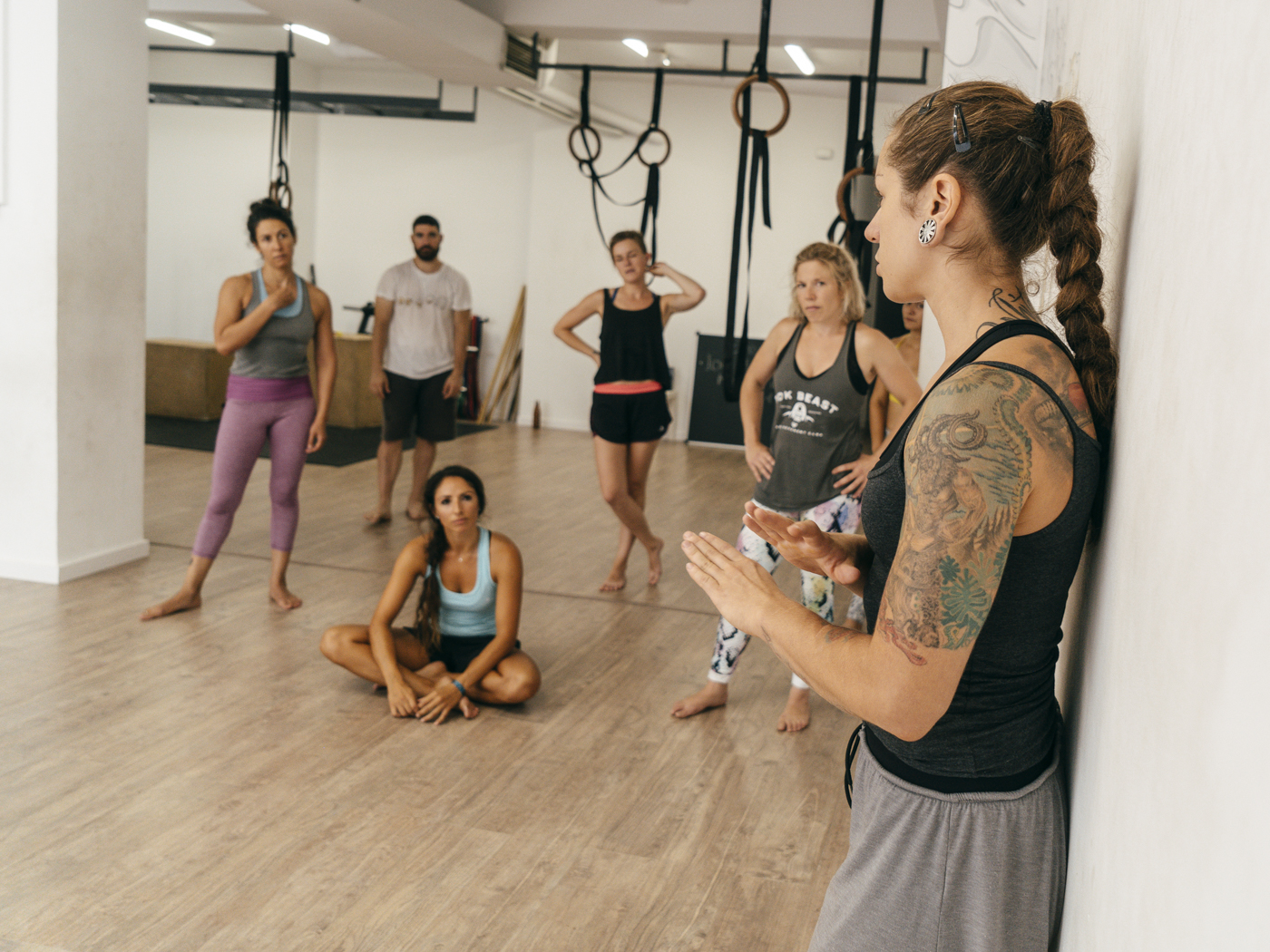When we approach anything in life, we find many subtle things in our behavior that are not genetically wired, as one might think, but are the result of the environment we live in and the way we were conditioned to interact with it.
Sometimes they do us a good turn, by lining up a reliable framework to make sense of the world, but sometimes they sneak in and affect our actions in a way that does not do us any good.
Human behavior is conditioned by many factors and it was believed for a long time that past a certain age we develop rigid habits that are not subject to change. It has been proven in the last few decades that this statement is not true and the behavioral patterns of human beings can be affected and rewired throughout our whole lives. (Johnathan D. Power, Bradley R. Schlaggar, 2016) Previously I have written an article about how movement affects our cognition - movement is the most powerful tool we have that can to reshape the structures of our central nervous system. But there are many other factors that affect it, like our cultural or family environment, that are wired in us on a very deep level. However there are ways to recondition yourself out of this rigidity.
Many people who suffer from such conditions as depression, for instance, fall into a constant line of self-doubt and misery. It is driven by a chemical process that affects the way our brain perceives the world. When the tendency to fall into depression is largely a genetically inherited capacity, it does not necessarily manifest itself in people who have this predisposition. Physiological processes in our nervous systems can be affected by the way we interact with our environment and thus can be affected through a conscious approach to the matter. Many depression patients are being treated through positive reinforcement and behavioral therapy together with exercise and nutrition. In a lot of cases there seems to be no need to resort to medicinal intervention. (Eric C. Dunn, Ruth C. Brown, Yael Dai et al, 2016) If a condition as serious as depression can be helped through cognitive readjustments, we can be sure that many negative lines of behavior that do not help us to live the life we want can also be reshaped in a similar way.
The first step to approaching a problem would be first recognizing it. I often see people drowning in self-doubt and pity, falling back on excuses that are largely a result of a distorted perception of reality. It is helpful to realize that if you live in the Western world nowadays and you possess a gadget that allows you to read this text in the internet, even if you don’t belong to a higher level of socio-economical hierarchy, your quality of life is incomparably higher than that of any person who has ever lived on Earth - including kings and queens. We are lucky to live here and now and this is the first positive reinforcement that you could start building into your structure of the world.
Positive reinforcement is a concept that is used in behavioral psychology that refers to the introduction of a desirable or pleasant stimulus after a behavior. The desirable stimulus reinforces the behavior, making it more likely that the behavior will reoccur. It works both in a negative and positive ways. People like Ivan Pavlov and B.F. Skinner were the first ones to introduce the connection between stimulus (both external and internal) and response. If you examine your behavior, there will be some reoccurring patterns that might not be as desired as others and which produce the same results over and over again. It can be found in both physical movement and behavioral templates, because the same ability of the brain for plasticity and results in the formation of rigid habits that are hard to escape. It sometimes seems that there is nothing we can do about it, but these are not hard-wired reflexes. They can be, in most cases, subject to change. The subtlety of our nervous system sometimes makes it hard to recognize where the conditioned response occurs, it takes serious internal investigation to do it by yourself, but it is definitely possible.
Physical practice, depending on how it is structured, can be a tool that induces the change in the way your behavioral patterns are built, but there are also some strategies that can be applied to your daily life to make changes in behavior. Of course, in some cases when there is a pathological dysfunction there might be the need for professional help, but most people can use some "domestic" techniques to make their lives better. It takes time and effort, sometimes much more sophisticated simply forcing yourself to move or not eat certain things, for instance, but it definitely worth it.
To be able to change, you need to develop the capacity for observation of your own self, finding the unwanted pattern and sometimes literally writing it down to be able to deal with it gradually. Mindfulness meditation is by far the most effective tool to be able to do that. (Teresa M. Edenfield, Sy Atezaz Saaed, 2012) To understand who you are, you need to look inside, there is no one who can help you with this better than yourself. Examining the environment you grew up within, and its cultural specificities also helps, because it will show you the framework that your perception of the world is built upon. For example, some people who grew up in poverty develop very unhealthy relationships with money, making themselves believe that it is shameful to make a decent living even when they have an opportunity to do so. Some people always highly doubt their own decisions because they were never supported in making them in earlier stages in life, so they manifest a tendency to be stuck when they are presented with a choice and often backslide with their own progress. If your choice of romantic partners turns out to be pathological each time, it could also be a conditioned behavior that can be changed. The same goes for self-pity, a linear approach to problem solving, the inability to structure your time etc. etc.
We are the only ones in control of our lives, and taking full responsibility over it is an obligation for each human being. We do not chose where we are born, each of us lives a life with a different level of difficulty and it is always good to have a view from all the perspectives. Someone is luckier, someone is less. You can always be both depending on where you look from. But in the end, it is your choice because there are basically only two ways to live life - being a hero or being a victim, it is you who decides which one to be.




